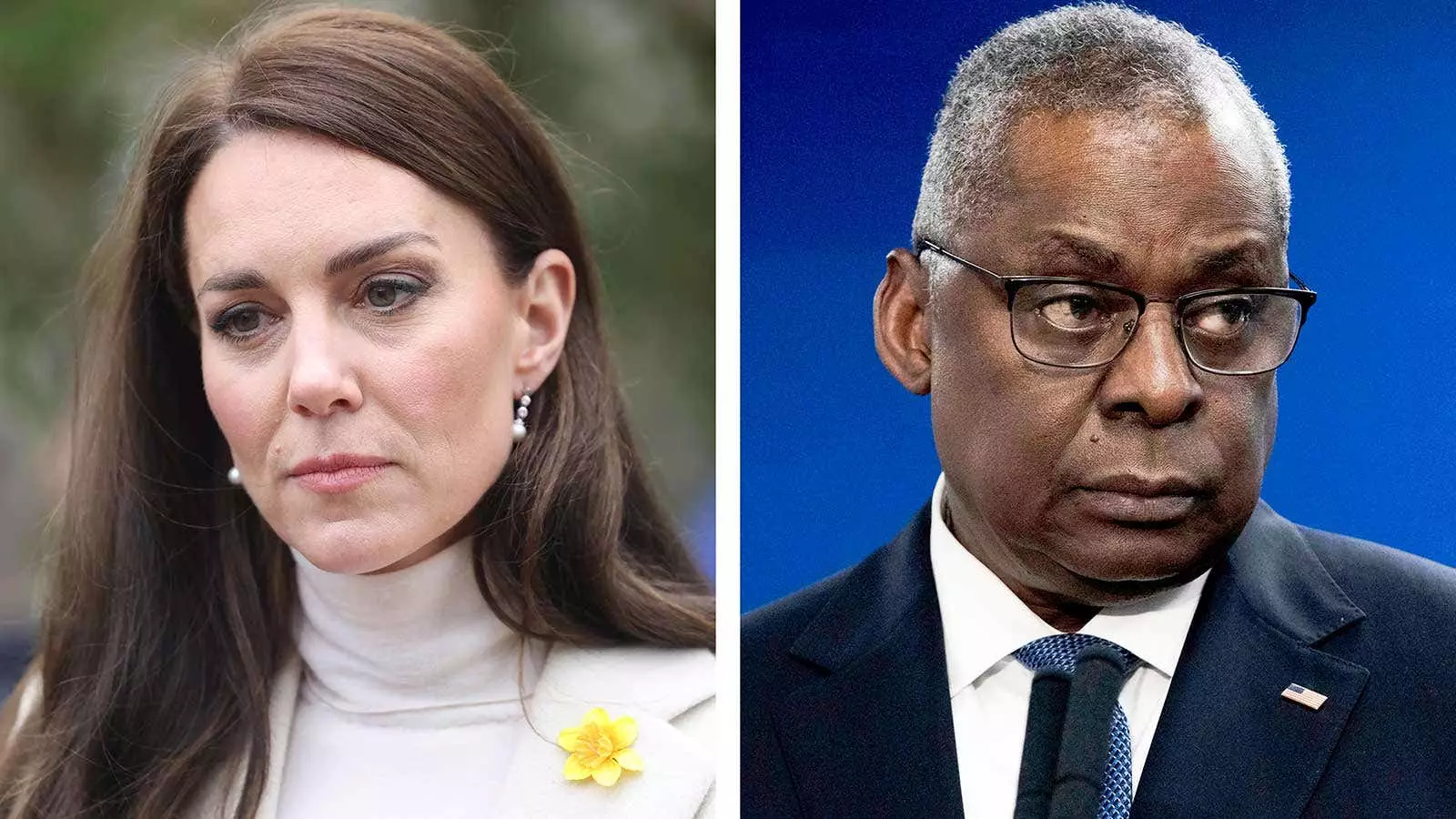Anthony Bridges, a 68-year-old man from Georgia, made the bold decision to openly share his prostate cancer diagnosis with his Facebook friends and has since become an advocate for encouraging other men to speak to their doctors about screening. His openness stands in stark contrast to the experiences of others like Defense Secretary Lloyd Austin and Princess Kate, who chose to keep their battles with cancer private. Despite potential cultural or privacy concerns, Bridges’ willingness to share his journey has sparked important conversations around the topic of cancer.
Dr. Otis Brawley, a professor of oncology and epidemiology, sheds light on the historical reluctance of individuals to discuss their cancer diagnoses openly. He recalls a time when cancer was referred to as the “Big C” and was shrouded in secrecy. However, public figures such as former Sen. Bob Dole and First Lady Betty Ford played pivotal roles in changing the narrative around cancer by openly sharing their experiences. These conversations marked a shift in societal attitudes towards discussing cancer and its impacts.
Elaine Smith, a counselor at the City of Hope Cancer Center Atlanta, underscores the personal nature of cancer disclosure and how it often reflects an individual’s personality. Some patients may be reluctant to be defined solely by their cancer diagnosis, while others may struggle with the fear of judgment from colleagues if they need to take time off for treatment. Dr. Bradley Carthon of Emory University emphasizes the importance of support networks in helping patients navigate their cancer journeys and ensuring they feel heard and understood during medical appointments.
Princess Kate’s experience highlights the challenges of discussing cancer with young children and the efforts required to communicate with them in a reassuring and age-appropriate manner. Dr. Christina Annunziata emphasizes the added complications that come with explaining a cancer diagnosis to children, underscoring the emotional toll it can take on families. Despite the difficulties, experts stress the importance of involving family members and loved ones in medical appointments to ensure that patients have a strong support system in place.
Dr. Paul Monk from Ohio State University emphasizes the significance of having a support person present during medical consultations to serve as an additional source of information and emotional comfort. Anthony Bridges’ story exemplifies the transformative impact of sharing personal experiences with cancer and working to destigmatize the disease. Through his involvement in Project Elevation, Bridges aims to challenge misconceptions and provide valuable information on prostate cancer screening within his community.
The journey of individuals like Anthony Bridges and the lessons gleaned from historical figures like Bob Dole and Betty Ford underscore the transformative power of openness in coping with cancer. By fostering conversations, building support networks, and engaging in advocacy efforts, individuals can navigate the complexities of cancer diagnosis and treatment with resilience and strength. Embracing openness and vulnerability can ultimately lead to greater awareness, understanding, and support for those impacted by cancer.



Leave a Reply